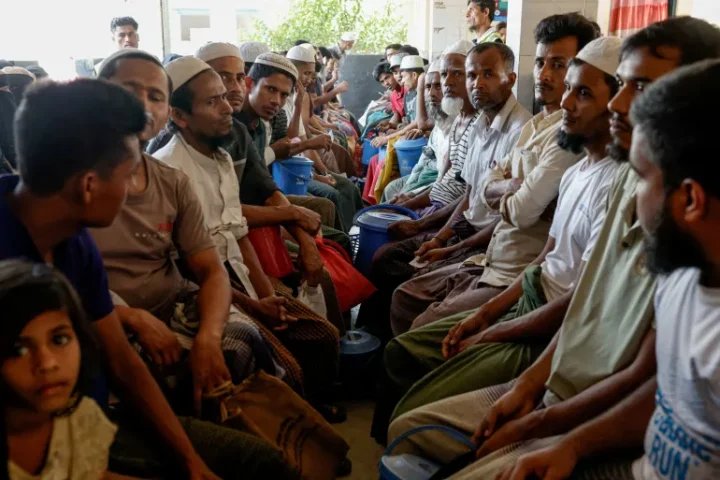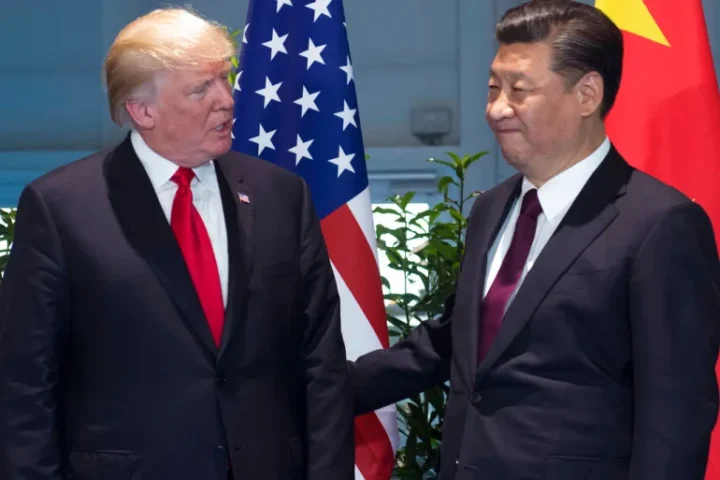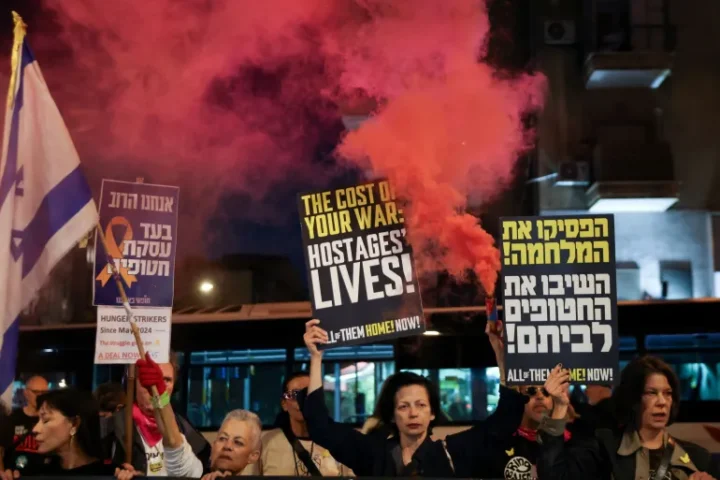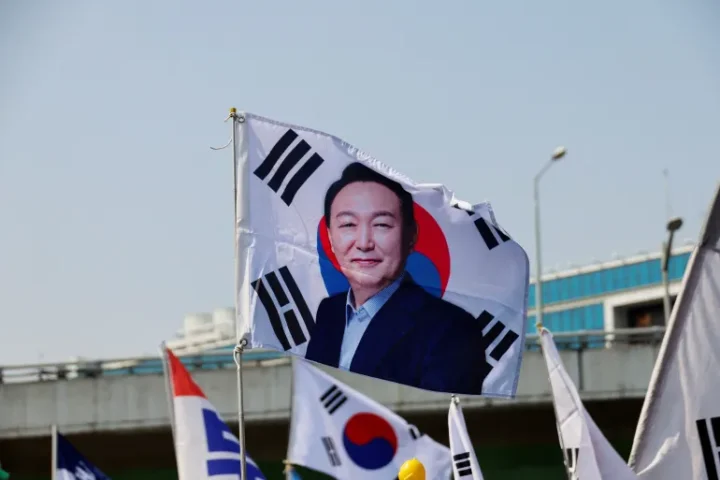Ahead of Victory Day, Moscow was full of rumour and speculation.
Was Vladimir Putin preparing a major announcement on Russia’s offensive in Ukraine? Would he declare some kind of victory? Or signal an escalation?
In the end, he did neither.
In his Red Square address to Russian troops – and the Russian nation – the Kremlin leader repeated his frequently voiced justification for attacking Ukraine: an argument that appears to blame everyone but Russia for what’s happening.
He criticised (as usual) America, Nato and the government in Kyiv, claiming that their actions had put the security of Russia itself in danger. He made references (as usual) to “neo-Nazis” in Ukraine. We hear that a lot from Russian officials, who regularly voice the baseless claim that Ukraine has been overrun by fascists, ultra-nationalists and Nazi sympathisers.
President Putin admitted that Russia had suffered military losses, but he gave no details. The last official figures released by Russia’s defence ministry were 1,351 Russian soldiers killed. But that was six weeks ago. There has been no update since.
Curiously, Mr Putin didn’t employ his familiar phrase – “Special Military Operation” – to describe Russia’s offensive. Neither did he call it a war. But he tried to draw parallels between current hostilities and World War Two. An attempt, perhaps, to mobilise patriotic sentiment over Hitler’s defeat to boost support amongst the Russian public for the invasion of Ukraine.
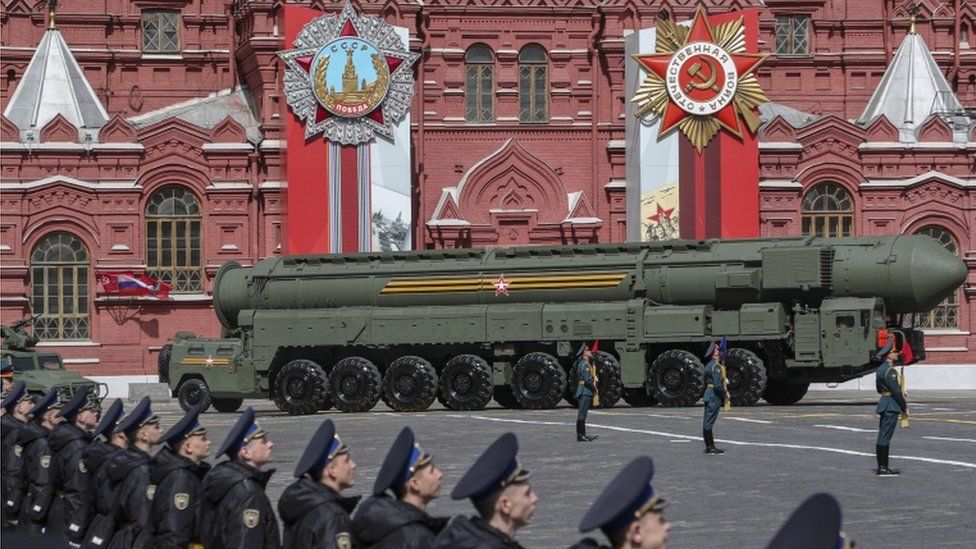
Following the speech, thousands of Russian soldiers marched across Red Square, although there were fewer troops here than in last year’s Victory Day parade. Military hardware was put on show, too. But a planned military fly-over was cancelled, officially due to poor weather.
The Kremlin had been expecting a swift victory in Ukraine, possibly within days of sending in its troops. It didn’t happen.
Many here believe President Putin’s Plan B was to secure a victory by 9 May. That hasn’t happened, either.
Where does President Putin go from here? There were few clues in today’s speech. But there was no signalling of an end to hostilities. For now, they will continue.


